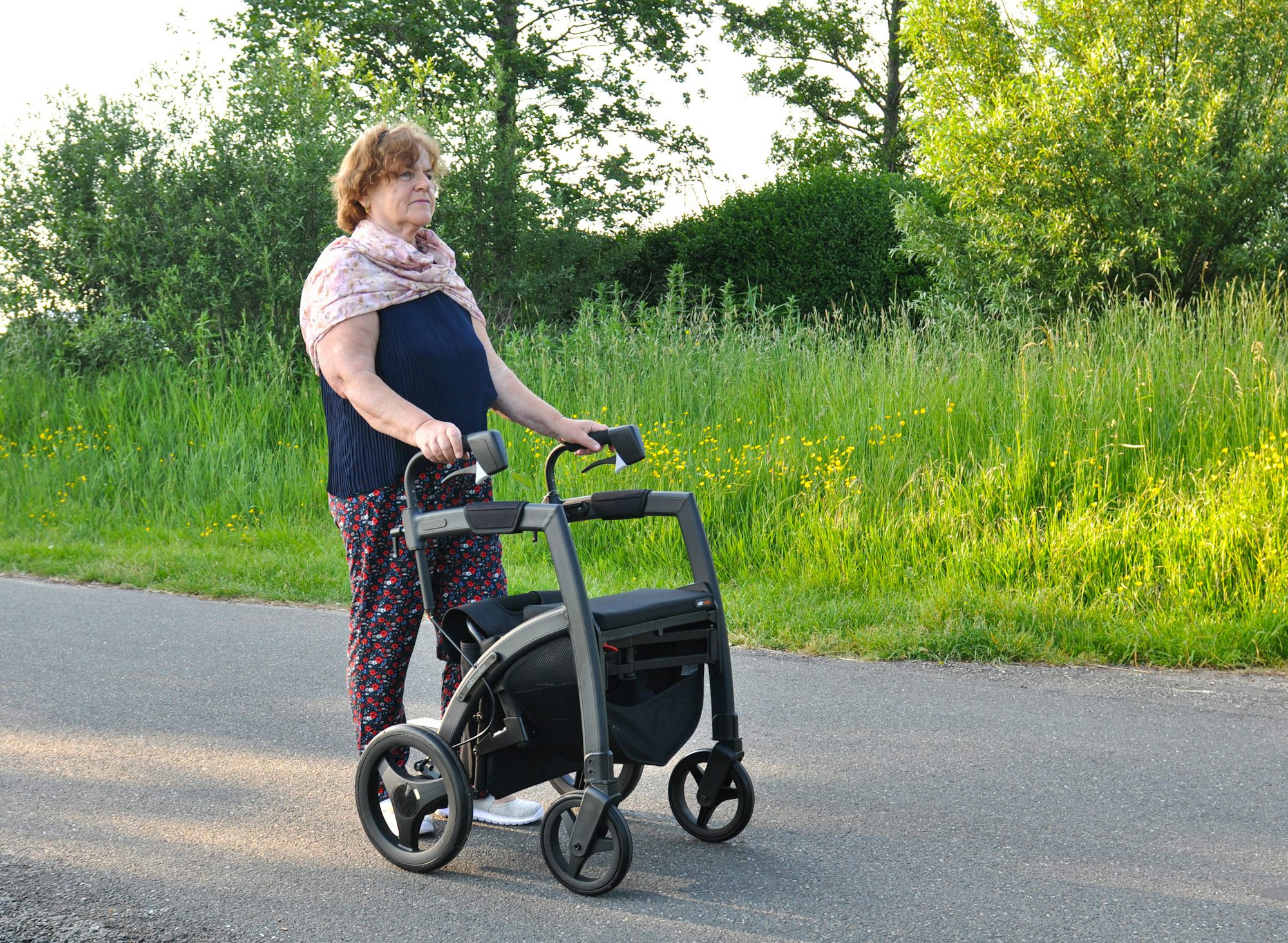
Mastering Mindfulness: A Guide to Living in carbohydrate counting the Moment
In our fast-paced world, where distractions abound and stress levels are often high, mindfulness has emerged as a powerful practice that promotes mental clarity, emotional stability, and overall well-being. By fostering a deep awareness of the present moment, mindfulness helps individuals navigate the complexities of life with greater ease and intention. This article explores the principles of mindfulness, its benefits, and practical techniques for integrating mindfulness into daily routines. Mindfulness is the practice of paying deliberate attention to the present moment without judgment. This involves observing thoughts, feelings, and sensations as they arise, allowing for a more profound connection with oneself and the surrounding environment. At its core, mindfulness encourages individuals to experience life fully, rather than being caught up in regrets about the past or anxieties about the future. One of the most significant benefits of mindfulness is its ability to reduce stress. When practiced regularly, mindfulness can lead to a decrease in the body’s stress response, allowing individuals to approach challenges with a calmer mindset. Research has shown that mindfulness practices can lower cortisol levels, the hormone associated with stress, and promote a sense of relaxation. This newfound calm can have far-reaching effects on both mental and physical health, improving sleep quality and enhancing overall well-being. Mindfulness also fosters emotional resilience. By cultivating awareness of one’s thoughts and emotions, individuals can learn to respond to situations more thoughtfully rather than reacting impulsively. This practice encourages a non-judgmental observation of emotions, allowing individuals to process feelings without becoming overwhelmed. As a result, mindfulness can enhance emotional intelligence and lead to healthier relationships, as individuals become better equipped to navigate interpersonal dynamics with empathy and understanding. The practice of mindfulness can take many forms, including meditation, mindful breathing, and body scans. Meditation is perhaps the most recognized form of mindfulness practice, often involving sitting quietly and focusing on the breath or a specific mantra. This focused attention helps train the mind to return to the present moment, fostering a greater sense of clarity and calm. Beginners may start with just a few minutes of meditation each day, gradually increasing the duration as they become more comfortable with the practice. Mindful breathing is another effective technique that can be practiced anywhere. By taking a few moments to focus on the breath—observing each inhale and exhale—individuals can create a moment of stillness amidst the chaos of daily life. This practice can be particularly useful during stressful moments, providing a simple yet powerful tool for regaining composure. Body scans are a form of mindfulness that encourages individuals to connect with their physical sensations. This technique involves mentally scanning the body from head to toe, paying attention to any areas of tension or discomfort. By bringing awareness to physical sensations, individuals can cultivate a deeper understanding of their bodies and learn to release tension more effectively. Incorporating mindfulness into daily routines can be achieved through various simple practices. For instance, individuals can practice mindful eating by slowing down during meals and savoring each bite. This involves paying attention to the flavors, textures, and aromas of food, creating a more enjoyable and satisfying eating experience. Mindful walking is another accessible practice, encouraging individuals to focus on the sensations of each step and the environment around them. By bringing awareness to the act of walking, individuals can transform a mundane activity into a meditative experience. In addition to these practices, mindfulness can be integrated into everyday activities. Whether it’s washing dishes, taking a shower, or commuting to work, individuals can cultivate mindfulness by focusing their attention on the present moment. This shift in perspective can enhance appreciation for daily experiences, leading to a greater sense of joy and fulfillment. Mindfulness also encourages self-compassion, allowing individuals to treat themselves with kindness and understanding. In a world that often promotes self-criticism and comparison, practicing self-compassion can lead to improved mental health and overall well-being. This involves recognizing that everyone experiences challenges and making a conscious effort to be gentle with oneself during difficult times. Engaging in mindfulness with others can further enhance the experience. Group meditation sessions, mindfulness workshops, or even simply sharing moments of mindful awareness with friends can create a sense of community and support. These shared experiences foster connections and can deepen one’s commitment to mindfulness practice. For those new to mindfulness, starting small is key. Setting aside just a few minutes each day to practice mindfulness can lead to significant benefits over time. As individuals become more comfortable with the practice, they may find themselves naturally integrating mindfulness into various aspects of their lives. It’s important to remember that mindfulness is not about achieving perfection or eliminating negative thoughts. Instead, it’s about cultivating awareness and acceptance of the present moment, allowing individuals to navigate life’s ups and downs with greater ease. As individuals continue to explore mindfulness, they may also discover its potential to enhance creativity and problem-solving skills. By fostering a clearer mind, mindfulness can lead to innovative thinking and a greater capacity for insight. This enhanced creativity can be beneficial in both personal and professional contexts, allowing individuals to approach challenges with fresh perspectives. In conclusion, mindfulness offers a pathway to greater well-being and fulfillment in our busy lives. By practicing mindfulness, individuals can cultivate awareness, reduce stress, and foster emotional resilience. Whether through meditation, mindful breathing, or simply being present in daily activities, the practice of mindfulness can lead to profound transformations. As we embrace the art of living in the moment, we unlock the potential for a more vibrant and meaningful life.

